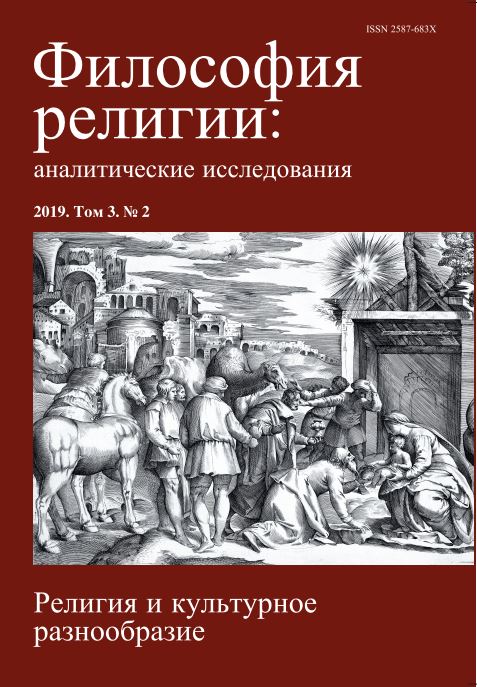Herder’s “Spirit of Hebrew Poetry” and the Fate of European Orientalism
DOI:
https://doi.org/10.21146/2587-683X-2019-3-2-116-128Keywords:
Herder, orientalism, Bible, Hebrew, poetry, Enlightenment, classicism, romantismAbstract
Johann Gottfried Herder’s work “Vom Geist der Ebräischen Poesie” (1782‒1783) became one of the first attempts in Europe to comprehend the grammatical system and style of biblical speech. This book is of undeniable significance for the history of religious studies and theology, both in a perspective of some biblical questions, and in a perspective of the history of western thought on the Old Testament, ancient Hebrews, the Near East and archaic poetry. The article precedes a publication of the first dialogue from more than 800-page Herder’s book. There is shown in the article that Herder can be considered as early criticist of the orientalism – to understand this term in the sense of europocentrical constructing of the ‘East’ as an ‘Other’ for normative and at the same time extraordinary european culture – without taking away from this thinker of his special sensitive attention to the differences between peoples, expressing in the peculiarity of their languages. A strategy of criticize orientalism as a kind of prejudice, in which herder acts as a successor of Vico’s cultural anthropology, allows him to protect a dignity of the Old Testament against aesthetics of classicism, at the same time criticizing some points of the Enlightenment’s mentalities, – though in the whole all of that is included in the enlighteners’ and humanistic program of Herder himself. Being faithful to this program, Herder is naive enough to regard the biblical speech as an expression of a naive (emotional, spontaneous) consciousness, not perceiving its polysemantic complexity and intertextuality. In that way Herder’s specific philosophy of religion manifests itself, which, unlike Vico's theory of providence, tries to put providence quite in the framework of natural processes, leaving no room for unique and individual events (miracles), that guide the course of history in the traditional providentialism.

 This work is licensed under a
This work is licensed under a 
